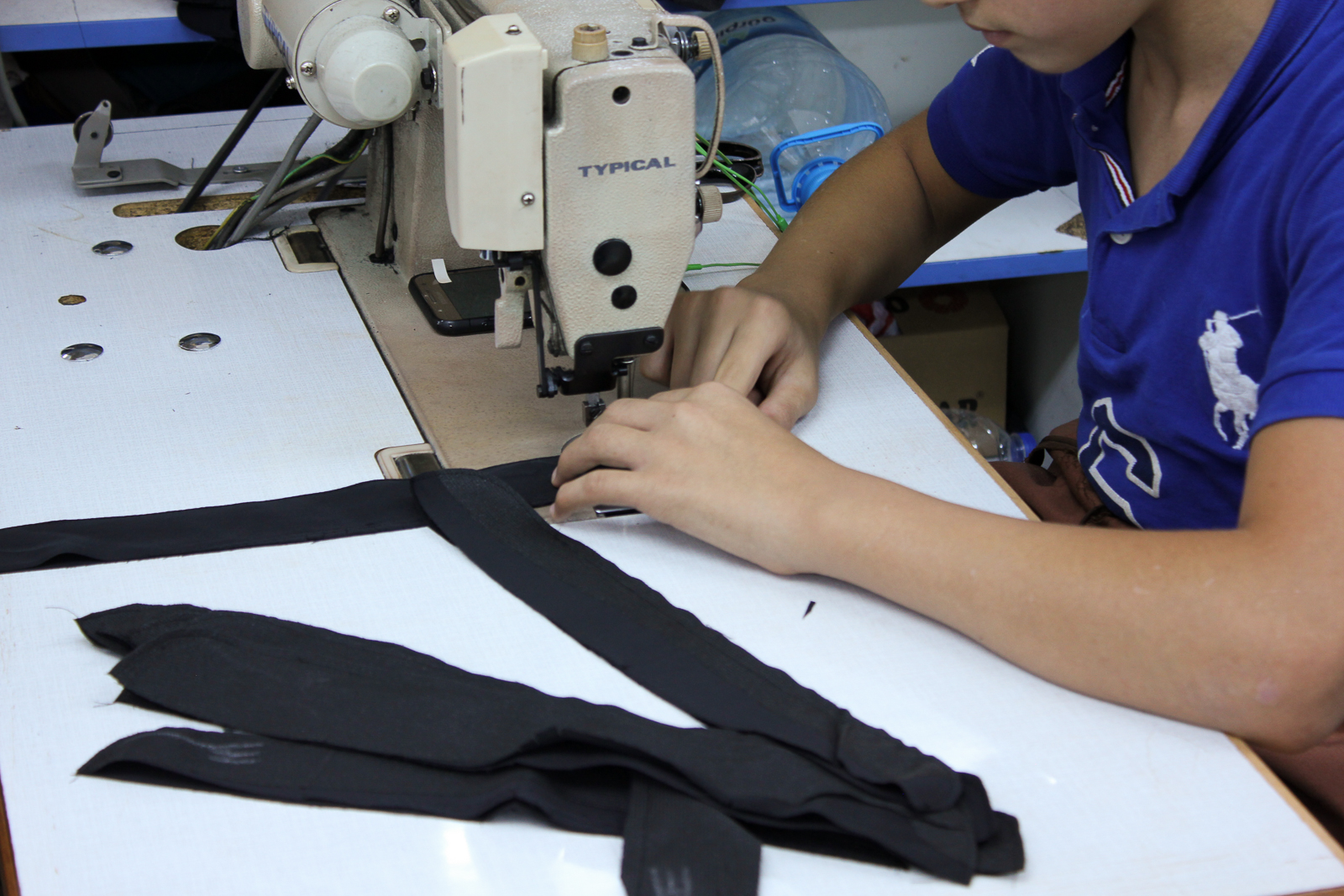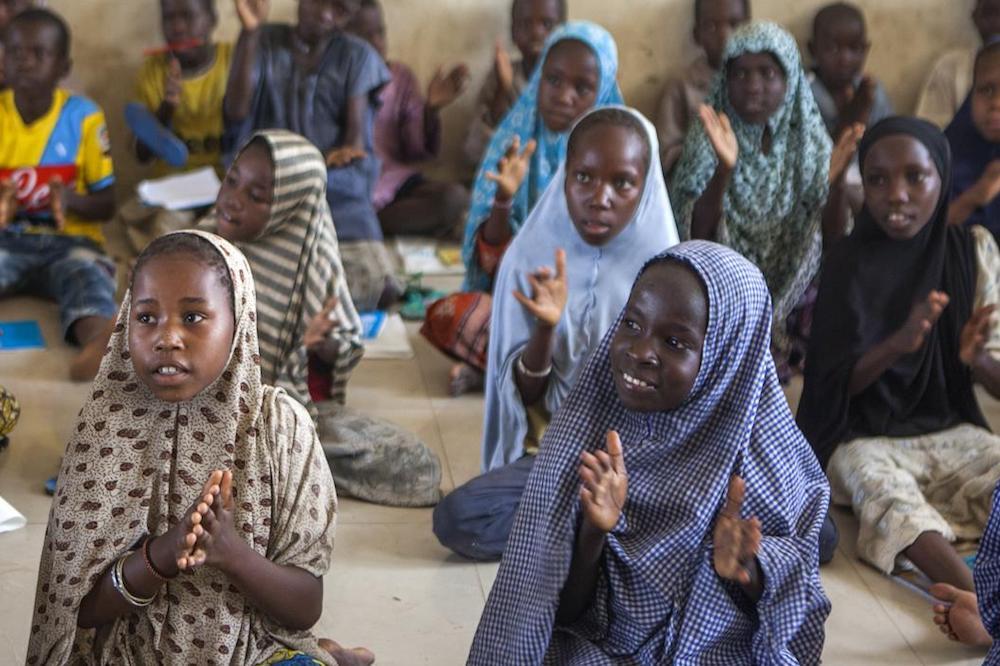
Nearly 200 child labourers rescued from brick kiln in India
Child labour
Officials said they would investigate why the rescued children - some as young as four - had not been enrolled in a nearby primary school.
Indian police rescued nearly 200 children – most of them under the age of 14 – who had been found working in a brick kiln in the southern state of Telangana in one of the biggest operations in the region, officials said.
The children were rescued from a brick kiln in Yadadiri district, 25 miles from state capital Hyderabad, as part of “Operation Smile”, a national campaign to tackle child labour and missing children.
The rescued children had moved from the eastern state of Odisha and were living and working with adults presumed to be their parents in the brick kiln, police said.
“We are not sure if the parents are genuine and there is a possibility that some of the children were trafficked,” Mahesh Bhagwat, a police commissioner, told the Thomson Reuters Foundation.
“The rescue teams spotted girls as young as seven and eight carrying bricks on their head. Some of the children were as young as four.”
In 2015, the International Labour Organization (ILO) put the number of Indian child workers aged between five and 17 at 5.7 million, out of 168 million globally.

More than half work in agriculture and over a quarter work in the manufacturing sector, the ILO said.
P. Achyuta Rao, member of a local state body that has the task of protecting child rights, said Telangana and neighbouring Andhra Pradesh had become hubs for child trafficking and child labour.
“Last year more than 3000 children were rescued, many from brick kilns and others from domestic servitude. In all cases, the children were from eastern India,” said Rao of the Telangana State Commission.
Many migrant children end up working alongside their parents because of a lack of schools and teachers who can provide lessons in their local language, campaigners say.
Local officials said they would investigate why the rescued children had not been enrolled in a nearby primary school.
More news

“Education can help to end child trafficking”
